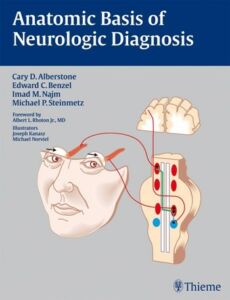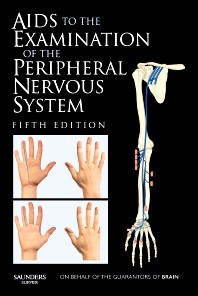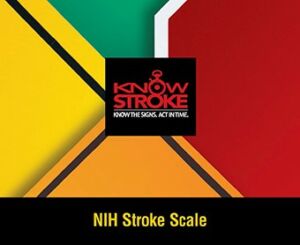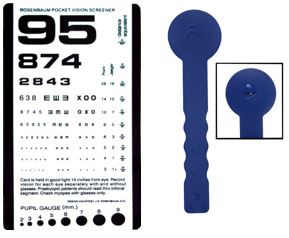Residents are employees of UWHC—not the University of Wisconsin School of Medicine and Public Health or the Department of Neurology. Therefore, whereas the department of neurology educates and supervises residents, salary and benefit schedules are maintained by UWHC.
UWHC maintains stipend levels at the 75th percentile among peer organizations nationwide.

The University of Wisconsin-Department of Neurology also provides resident support independent of the UWHC as follows.
Introductory Texts and Supplies
In order to help introduce and prepare our new interns and residents for clinical neurology, we provide the following:
Residents receive:
- Alberstone et al. Anatomic Basis of Neurologic Diagnosis

- Aids to the Examination of the Peripheral Nervous System

- NIH Stroke Scale cards

- Near card and occluder / pinhole tester for neuro-ophthalmology

Educational Fund
Each resident who is in good standing will have an educational fund to help offset the cost of materials required to become a neurologist. The educational fund is structured in the following manner:
- Beginning on July 1st of the PGY3 year (first year neurology training), each resident will be allocated $3250 that can be spent over the three years of neurology training. Unused funds will carry over each year, but the remaining balance at the end of the PGY5 year will be forfeited.
- Funds may be used for:
- Medical equipment
- Books
- iPad
- Travel to professional meetings as per the policy below
- Each resident’s educational fund balance will be maintained by the program coordinator, and requests for reimbursement will be handled by the program coordinator.
- The educational fund may be frozen at any time by the program director for resident failure to complete regularly required professional activities such as delinquent medical records, duty hour documentation, online training modules, etc.
Professional Meetings and Travel Policy
The Department of Neurology recognizes the value and need for residents to receive educational experiences outside the institution. Moreover, the ACGME requires that all child neurology residents have to attend at least one professional meeting during the course of residency. The following policies and procedures will apply to the attendance of such meetings:
- Residents must submit a conference attendance request through the departmental intranet at least 8 weeks in advance of the conference. This is to allow sufficient time to reschedule clinics, if necessary.
- Attendance of the following specialty society meeting will be summarily approved by the residency coordinator:
- American Academy of Neurology
- American Neurological Association
- Society for Neuroscience
- Child Neurology Society
- American Heart Association- American Stroke Association
- American Epilepsy Society
- American Association of Neuro-Electrodiagnostic Medicine
- Requests to attend other meetings will be evaluated by the program director. These will generally be approved, provided that the meeting is educational or academic in nature (i.e., not industry-oriented).
- Documentation of attendance at the meeting will be required and will be placed in the resident’s personnel file.
American Academy of Neurology (AAN) Membership
The department requires that each resident join the AAN upon program entry. Initial and yearly dues are paid for by the Department of Neurology. This ensures that residents are informed about all AAN activities and provides a yearly subscription to the journal Neurology.
Cellular Phones and Pagers
Each resident is provided a pager by the department of neurology. Cellular phones are allocated according to clinical service (general neurology, stroke, consults, and pediatric neurology) and are to be used only for patient care responsibilities. Cell phone usage is monitored monthly by the residency coordinator.
Cellular phones must be checked in and checked out for each rotation by the resident assigned to the service. In the D4/4 resident room, there is a basket binder that contains check-in and check-out sheets for each cell phone. At the beginning of each rotation, the assigned resident will take the appropriate phone from the basket and enter his or her name and the date in the binder. At the end of each rotation, the assigned resident will return the service phone to the basket and enter the date and time of return in the binder. Each service resident is responsible for their relevant service phone.
Resident Offices
Resident offices are located in the UWMF Centennial Building in the Department of Neurology. A resident library with textbooks, personal desk space, telephones, and computers is provided.
Last reviewed: 8/27/2024, Adam Wallace





